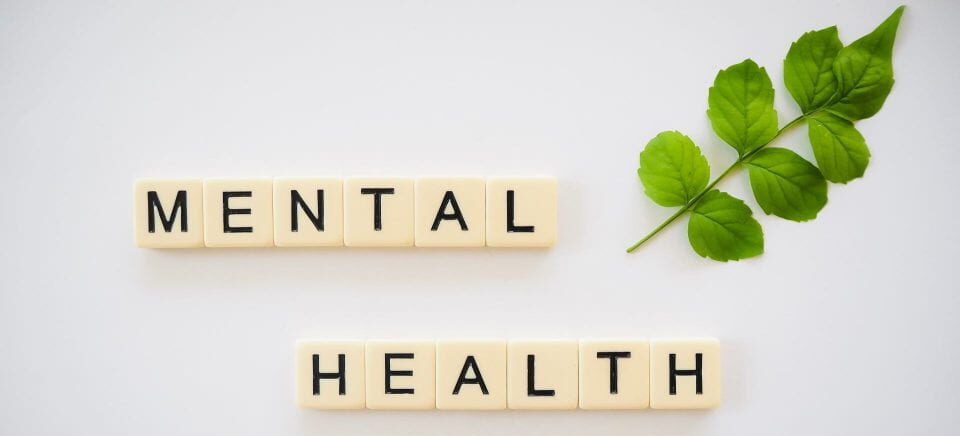What is Emotional Regulation?
Well, I’m so glad you asked! I like to say that it is being the boss of your feelings instead of letting your feelings boss you.
When we are the boss of our feelings, we have the ability to recognize, understand, embrace, and express our feelings in healthy ways. Regulating emotions can be hard for adults. Imagine how much harder it can be for kiddos whose brains aren’t fully developed, who have fluctuating hormones, and who don’t have the same life experience that adults have.
Here are a few strategies that can help your kiddo be the boss of their feelings:
- Encourage identifying and labeling feelings.
- Choose a feelings chart and place it in a central location (like on the refrigerator). Go over the chart with your kids, defining each feeling and discussing a time when each of you has felt that way.
- One homework activity that I often give to my clients at the beginning of counseling is daily emotional expression. I encourage them to discuss with their parents or journal the best part of their day (and what they felt) and the most challenging part of their day (and what they felt). This allows them to begin to practice identifying their emotions in a variety of situations.
- You can also be curious with your kiddos about what they are feeling throughout the day. Perhaps you see them struggling with anger. It is ok to say “It seems like you are feeling angry right now” or “I am wondering if you are feeling angry right now.” I have found that most kiddos will quickly correct you if you are guessing the wrong emotion. This practice allows them to develop identification skills in the moment of their emotions.
- Normalize and reassure them that their feelings are ok to feel.
- All feelings are ok to feel! We may not like to feel them, they may not feel good to feel, but they are ok to feel. What usually gets us in trouble is how we express them. For instance, say I was feeling angry about losing a game, and I threw the game across the room. That behavior is certainly not a wise choice. But maybe instead of throwing the game across the room, I could have said “I really feel angry because I lost. I am going take a walk and some deep breaths to calm myself down.” It’s ok to feel that anger, but it’s not ok to be aggressive.
- When you notice your child experience emotions, you may want to say “It’s ok to feel angry right now. Sometimes I feel angry too.”
- Encourage and assist them in using coping skills. Part of the benefit of knowing what we are feeling is that we can then use a coping skill to deal with that feeling.
- There are a lot of great coping skills and sometimes it takes practice finding the ones that work best for your child. It is important to assist them in finding these strategies, to praise and acknowledge when you see them using them, and to encourage regular practice of them.
- Here is a previous blog post about coping skills that has specific examples of coping skills for teens.
- Model emotional regulation. It’s not really fair to ask our kiddos to do things that we aren’t willing to do. They are constantly looking at the adults around them, so let them catch us all talking about our feelings and coping with them in healthy ways.
If your child is using some of these skills and they are still struggling to regulate their emotions, professional help may be needed. If you would like to work together to help your child with this, please click here and complete the new client form.
